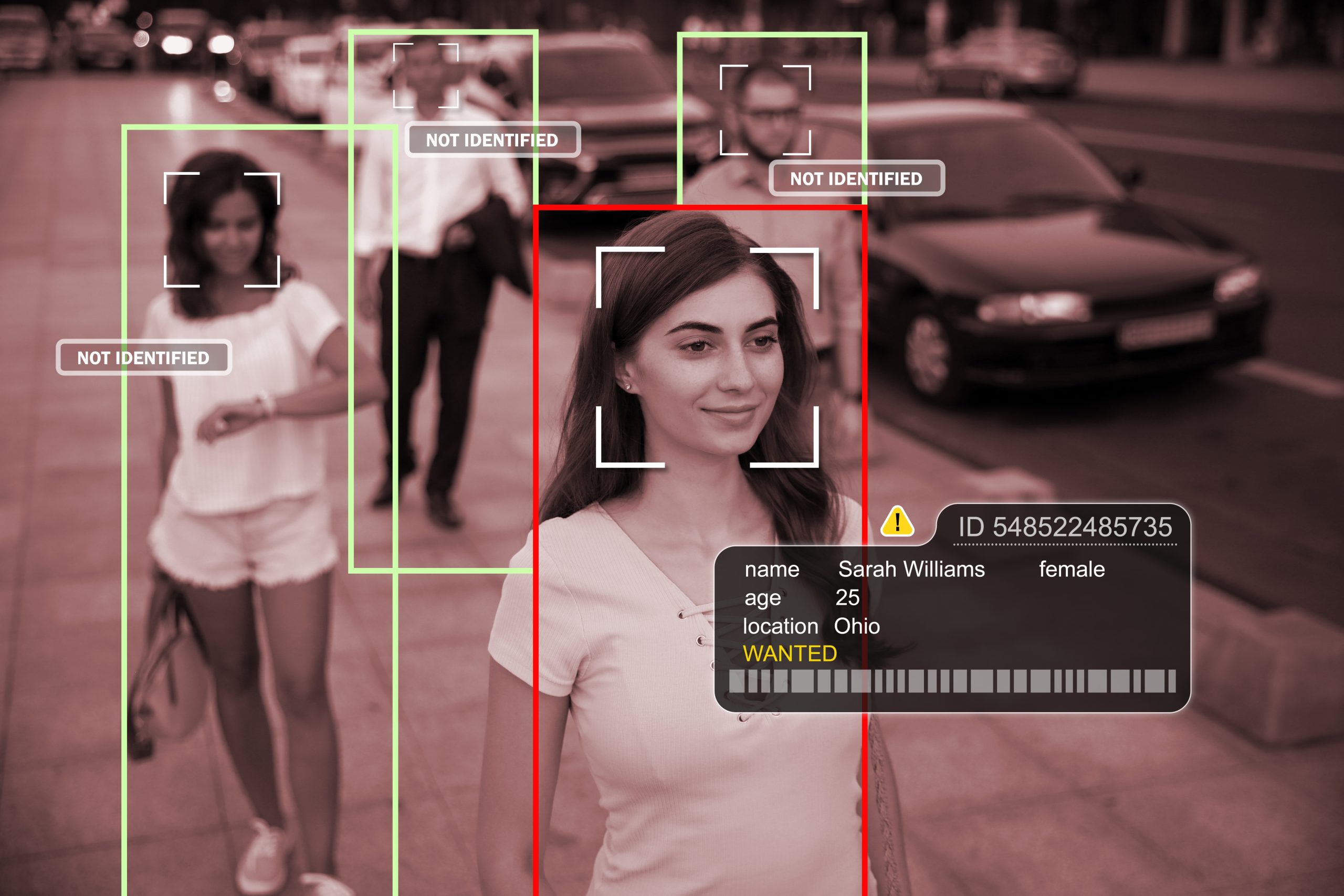One-Third Of Gen Z Favors Orwellian Surveillance Of Americans

In another troubling trend among the younger generation, a recent poll conducted by the Cato Institute has revealed that nearly 30% of Gen Z Americans – those under age 30 – support the idea of government-installed surveillance cameras in every home to prevent crime.
This finding from a group of 2,000 American respondents is a significant indicator of generational attitudes toward safety, privacy, and government oversight. For most Americans, the concept is overwhelmingly unpopular, with about 75% opposing it. Yet Gen Z is noticeably more accepting.
The poll examined the concept of government surveillance to counteract illegal activities. Overall, only 14% of Americans favored such an initiative. Yet, within the Gen Z age bracket, almost a third signaled their support. This generational divide becomes even more defined when contrasted with the mere 20% of 30- to 44-year-olds who back the surveillance proposal.
The notion of surveillance harks back to the haunting portrayal of government overreach in George Orwell’s classic novel, “1984,” where citizens of Oceania were under constant scrutiny, even in the confines of their homes. A tool of fear and control, Orwell’s telescreens displayed propaganda and recorded citizens’ activities, representing the epitome of an invasive authoritarian regime.
This growing acceptance of surveillance extends across racial lines as well. According to the survey, the most significant support was seen among African Americans at 33%, followed by Hispanic Americans at 25%, with White and Asian Americans showing less favor.
There is speculation that Gen Z’s acceptance of this Orwellian proposition may stem from a generational shift born from not living through the Cold War era. Americans born before 1978 were privy to the stories of the Soviet Union’s extensive surveillance over their citizens, which may have led to a deeply ingrained fear of an overarching government.
But as Greg Lukianoff and Jonathan Haidt suggest in “The Coddling of the American Mind,” the younger population appears more inclined to prioritize security, even at the potential cost of complete freedom.
As this pattern suggests, we could face a drastically different privacy future. In a world that may feel increasingly threatening, the American public could one day be more amenable to extreme government overreach. This possibility underscores the importance of imparting lessons from the past about the potential perils of extensive government power. If we fail to share these cautionary tales, the younger generations may repeat the catastrophic missteps of yore.
For the moment, the takeaway from the Cato Institute’s poll is clear. A substantial chunk of our younger generation is more willing to surrender certain freedoms for the sake of an uncertain pursuit of safety and security.
























